UMMC's largest Accelerated BSN class answers nursing's call
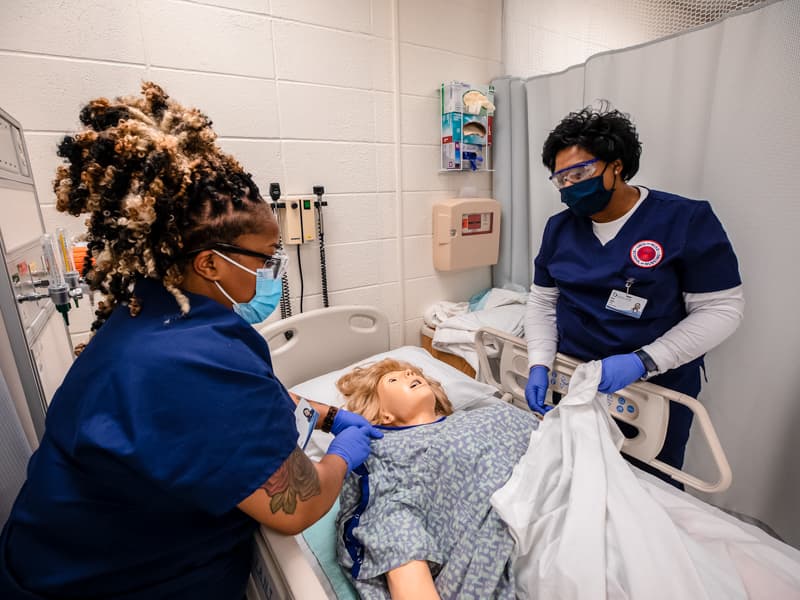
Erica Logan carefully moved her patient from a wheelchair, tucking her safely into a hospital bed.
Her “patient” is Chloe, the model name of a mannequin used in lab simulations in the School of Nursing at the University of Mississippi Medical Center.
Logan is among the 70 members of UMMC’s largest Accelerated Bachelor of Science in Nursing class. Another 60 are in the Accelerated BSN program in Oxford at the University of Mississippi.
Starting in January with an online orientation, videos and virtual studies, UMMC students with bachelor’s degrees in other fields were in lab with mannequins such as Chloe their first week to launch into nursing careers.
By March, they’ll be immersed in their clinical education.
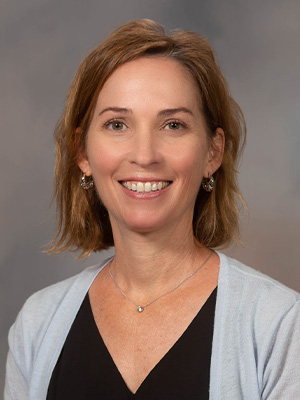
“It’s fast-paced,” said Dr. Sharon McElwain, assistant professor of nursing and family nurse practitioner. “They started Jan. 11 with a virtual orientation and had their first test, on health assessments, Jan. 15. They’ll focus on skills in their first eight weeks and then move into clinicals. They’ll then begin didactic content that will deepen their knowledge of nursing. It’s not for the faint of heart.”
At 48, Logan is studying nursing after graduating in 2019 with a bachelor’s degree in psychology from Jackson State University.
"It’s a lot of work,” she said of the program, “but I expected that. There’s no other way if you’re going to be a nurse.”
Logan hopes to become a psychiatric nurse after her training is complete at the end of the year. “There are a lot of different paths for this program,” she said. “The doors are wide open.”
Her classmate Blake McClure agrees. A tech in Med/Surg float at the Medical Center, the Ole Miss graduate sees the Accelerated BSN program as his best route deeper into a health care career.
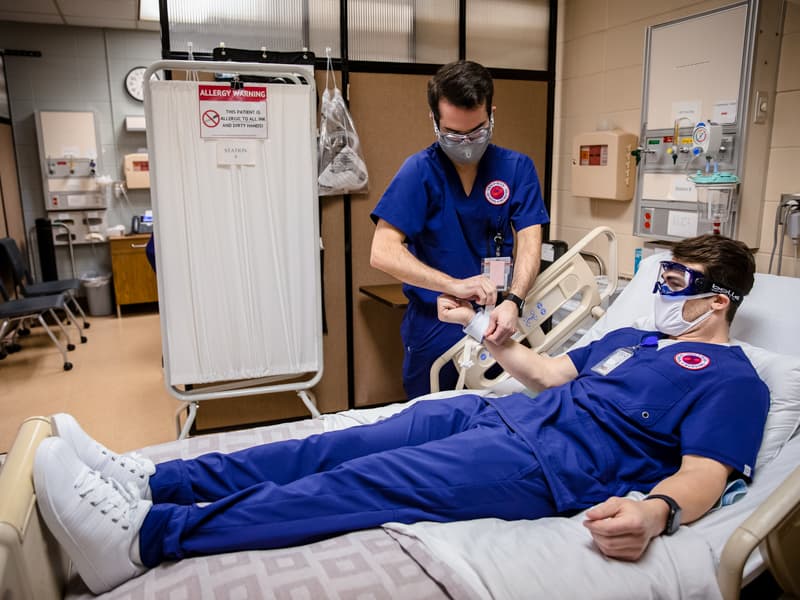
“My goal is to be a CRNA (Certified Registered Nurse Anesthetist) and to work in intensive care,” he said.
Deciding to become a nurse during a pandemic might give some second thoughts, but not these students.
“COVID-19 pushed me toward nursing,” McClure said, “because I’ve seen the need.”
Students come to the Accelerated BSN program from a variety of educational experiences, McElwain said. “Some have degrees in fields such as biology, and then there are those who are changing to what will truly be a second career.”
The 2021 class includes an attorney, an engineer, a pharmacy tech and a music therapist. A few of the nursing students have master’s degrees in other fields.
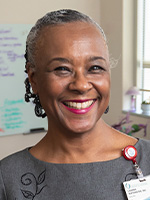
“We have been fortunate that students have always seen nursing as a caring and giving profession,” said Dr. LaDonna Northington, associate dean for academic affairs in the School of Nursing. “Helping people is one of the core values of the nursing profession, so recruitment for nursing programs has not generally been an issue.”
Accelerated BSN students graduate with a Bachelor of Science in Nursing degree and take the National Council Licensure Examination, which grants the Registered Nurse license. The BSN program prepares students for entrance into graduate study at a master's level.
The Accelerated BSN program started in 2005 with five students as a 15-month program. The program was shortened to 12 months in spring 2016 at UMMC and in fall 2014 at Ole Miss.
“With the change to the 12-month program, the enrollment increased quickly,” McElwain said. “Having two sites offering the Accelerated BSN program allows us to serve a greater population of students, and it offers flexibility with two admission times during the year.”
School of Nursing Dean Dr. Julie Sanford said the quality of Accelerated BSN graduates is impressive.
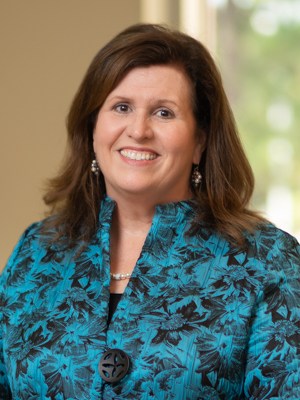
“Employers seek to hire accelerated nursing graduates as they see high levels of competence upon graduation,” she said. “All graduates of the Oxford and Jackson accelerated program have passed the NCLEX exam and gained licensure. We are proud of the stellar outcomes from these programs, particularly with the critical need for nurses during this pandemic.”
Nursing is the nation's largest health care profession, with more than 3.8 million RNs nationwide.
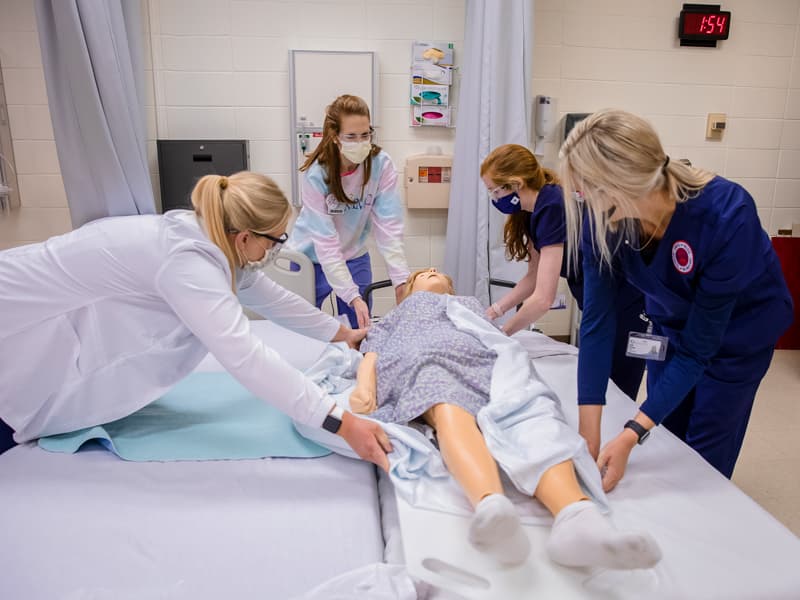
Prior to the COVID-19 pandemic, the American Association of Colleges of Nursing predicted 15 percent growth in jobs for RNs through 2026, averaging 200,000 new jobs each year. Increased emphasis on preventive care, rising rates of chronic health issues such as obesity and diabetes and demand for health care services from the aging Baby Boom generation drive the AACN forecast.
According to the Bureau of Labor Statistics’ Employment Projections 2019-2029, Registered Nursing is listed among the top occupations in terms of job growth through 2029. The RN workforce is expected to grow from 3 million in 2019 to 3.3 million in 2029, an increase of 221,900 or 7 percent.


